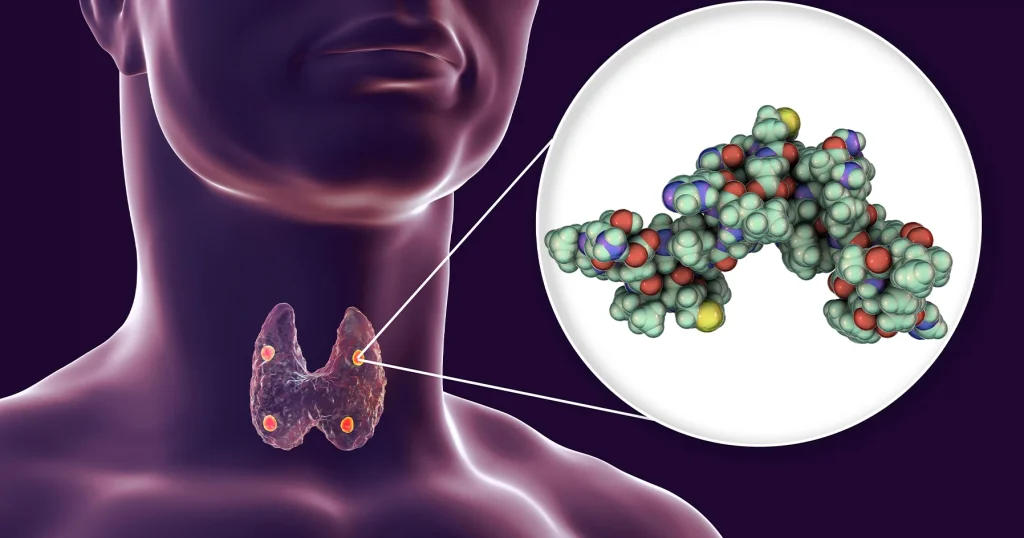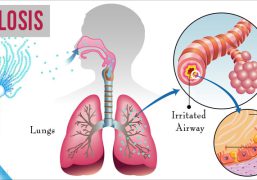Hypoparathyroidism
Hypoparathyroidism is a medical condition in which the parathyroid glands do not produce enough parathyroid hormone (PTH), which regulates calcium and phosphorus levels in the body. Here are some ways to manage hypoparathyroidism:
- Calcium supplements: People with hypoparathyroidism often need to take calcium supplements to maintain normal calcium levels in the blood. This can be done through oral calcium supplements or intravenous (IV) calcium infusions.
- Vitamin D supplements: Vitamin D is necessary for the body to absorb calcium, so people with hypoparathyroidism often need to take vitamin D supplements as well.
- Medications: Prescription medications such as calcitriol or parathyroid hormone replacement therapy may be recommended to help regulate calcium and phosphorus levels.
- Monitoring: Regular blood tests to monitor calcium and phosphorus levels are important for people with hypoparathyroidism.
- Diet: A diet that is rich in calcium and low in phosphorus may be recommended, as high phosphorus levels can interfere with calcium absorption.
- Medical alert bracelet: Wearing a medical alert bracelet or necklace can help ensure that medical personnel are aware of the condition in case of an emergency.
It’s important to work closely with a doctor to manage hypoparathyroidism, as the condition can lead to complications such as seizures, muscle spasms, and kidney stones if left untreated.






